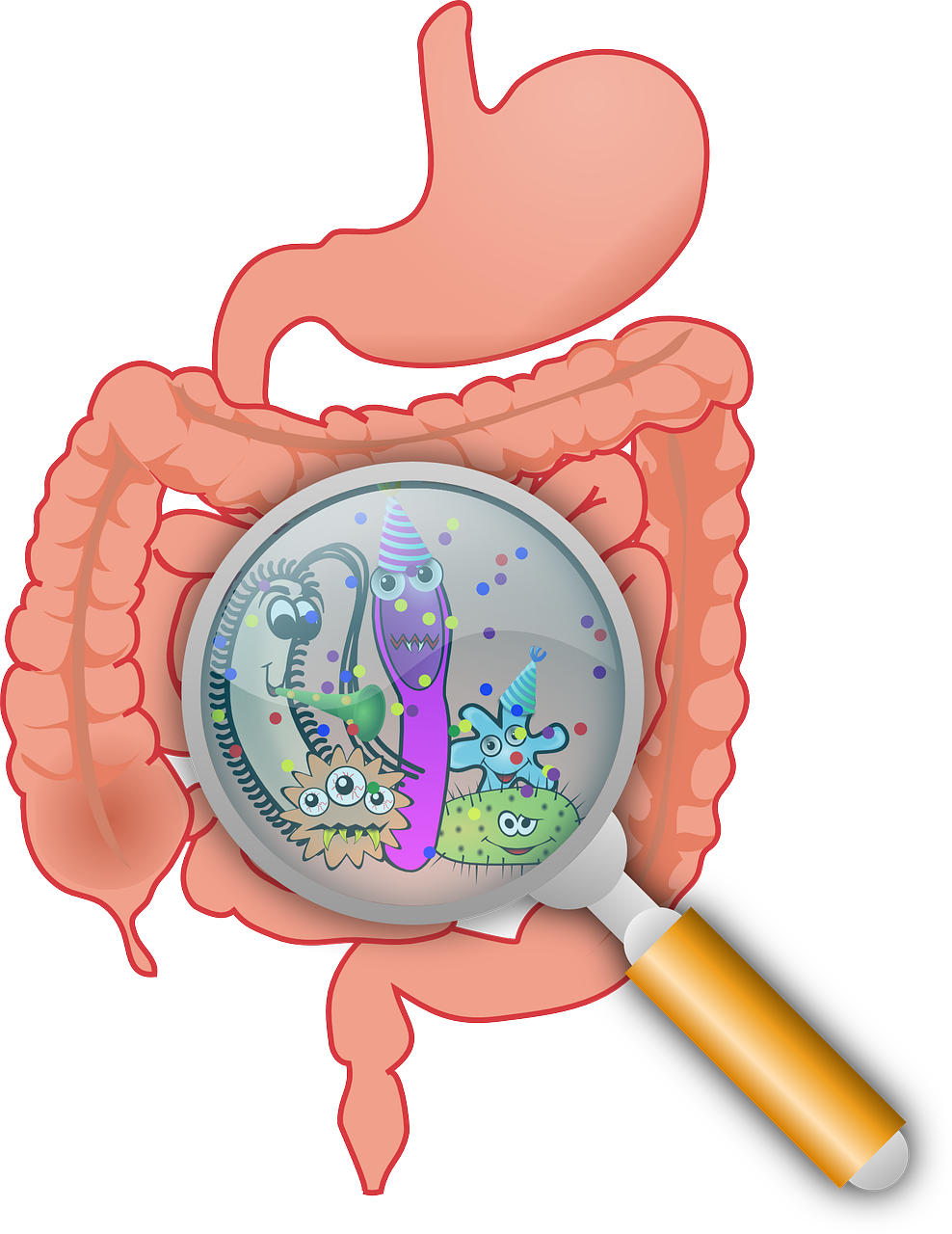zain
## Let's explore the fascinating world of good gut bacteria and uncover how they influence everything from our digestion to our mood, immunity, and even chronic disease risk.
###The Gut Microbiome: A Delicate Ecosystem
The gut microbiome is a complex and dynamic ecosystem within our digestive tract, primarily in the large intestine. It's composed of bacteria, fungi, viruses, and other microorganisms that coexist in a delicate balance. Among these, beneficial bacteria, or probiotics, play a pivotal role in maintaining this balance, ensuring our gut health, and by extension, our overall health, remains in optimal condition.
###The Impact of Good Gut Bacteria
1. Digestive Health:
Beneficial bacteria aid in breaking down food, facilitating the absorption of nutrients, and preventing digestive disorders such as irritable bowel syndrome (IBS) and inflammatory bowel disease (IBD).

They help digest dietary fibers, converting them into short-chain fatty acids that nourish the gut lining and reduce inflammation.
2. Immune System Modulation:
A significant portion of the immune system is located in the gut. Good bacteria communicate with immune cells, helping to distinguish between harmful pathogens and benign molecules. This interaction is crucial for developing and maintaining a balanced immune response, reducing the risk of allergies, autoimmune diseases, and infections.
3. Mental Health and Mood Regulation:
Emerging research highlights the gut-brain axis, a complex communication network linking the gut microbiome with the brain.
Beneficial bacteria produce neurotransmitters and other biochemicals that influence brain function, mood, and behavior. A healthy gut microbiome has been associated with reduced risks of depression and anxiety.
4. Chronic Disease Prevention:
A diverse and balanced gut microbiome has been linked to a lower risk of several chronic diseases, including obesity, type 2 diabetes, cardiovascular diseases, and certain forms of cancer.

By modulating inflammation and supporting metabolic health, good bacteria play a protective role against these conditions.
###Nourishing Your Gut Bacteria
To support the health of your gut microbiome, consider incorporating the following practices into your lifestyle:
- Diverse Diet: Consuming a wide variety of foods, particularly plant-based foods rich in fibers, can help increase the diversity of your gut microbiome.
- Fermented Foods: Foods like yogurt, kefir, sauerkraut, and kimchi are rich in probiotics that can help replenish and maintain healthy levels of good bacteria in the gut.
- Prebiotic Foods: Foods high in prebiotic fibers, such as onions, garlic, bananas, and asparagus, provide nourishment for beneficial bacteria, promoting their growth and activity.
- Lifestyle Factors: Regular physical activity, adequate sleep, and stress management techniques can positively influence the health and diversity of your gut microbiome.

###Conclusion
The good bacteria in our gut are essential allies in our quest for health, influencing far-reaching aspects of our well-being. By understanding their role and taking proactive steps to support them, we can harness the power of our gut microbiome to enhance our health, prevent disease, and improve our quality of life. Remember, a healthy gut means a healthy you.
---
This blog post aims to provide a comprehensive overview of the beneficial bacteria in our gut and their profound impact on various aspects of our health.
 Add Row
Add Row  Add
Add 




Write A Comment